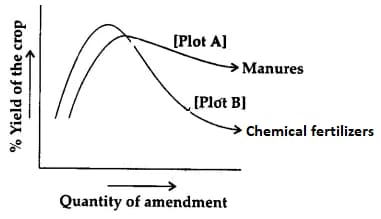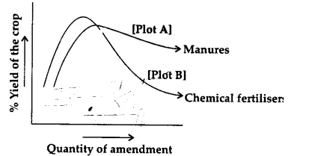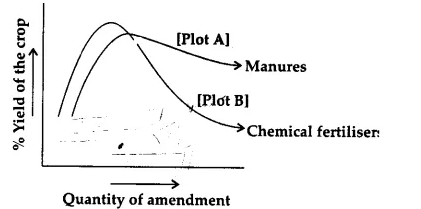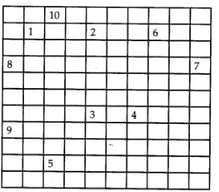NCERT Solutions for Chapter: Improvement in Food Resources, Exercise 3: Long Answer Questions
NCERT Science Solutions for Exercise - NCERT Solutions for Chapter: Improvement in Food Resources, Exercise 3: Long Answer Questions
Attempt the practice questions on Chapter 15: Improvement in Food Resources, Exercise 3: Long Answer Questions with hints and solutions to strengthen your understanding. NCERT Exemplar Science - Class 9 solutions are prepared by Experienced Embibe Experts.
Questions from NCERT Solutions for Chapter: Improvement in Food Resources, Exercise 3: Long Answer Questions with Hints & Solutions
Discuss why pesticides are used in very accurate concentration and in very appropriate manner?
Name two types of animal feed and write their functions.
What would happen if poultry birds are larger in size and have no summer adaptation capacity? In order to get small sized poultry birds, having summer adaptability, what method will be employed?
Suggest some preventive measures for the diseases of poultry birds.
Figure below shows the two crop fields [Plots A and B] have been treated by manures and chemical fertilisers respectively, keeping other environmental factors same. Observe the graph and answer the following questions.
Why does plot B show sudden increase and then gradual decrease in yield?

Figure below shows the two crop fields [Plots A and B] have been treated by manures and chemical fertilisers respectively, keeping other environmental factors same. Observe the graph and answer the following questions.
Why is the highest peak in plot A graph slightly delayed?

Figure below shows the two crop fields [Plots A and B] have been treated by manures and chemical fertilisers respectively, keeping other environmental factors same. Observe the graph and answer the following questions.
What is the reason for the different pattern of the two graphs?

Complete the crossword puzzle

Across
1. Oil yielding plant (9)
3. Crop grown in winter season (4)
5. Fixed by Rhizobium (8)
9. Common honey bee (4)
Downward
2. Animal feed (6)
4. A micronutrient (5)
6. Unwanted plant in crop fields (4)
7. An exotic breed of chicken (7)
8. Bottom feeders in fish pond (7)
10. A marine fish (4)
